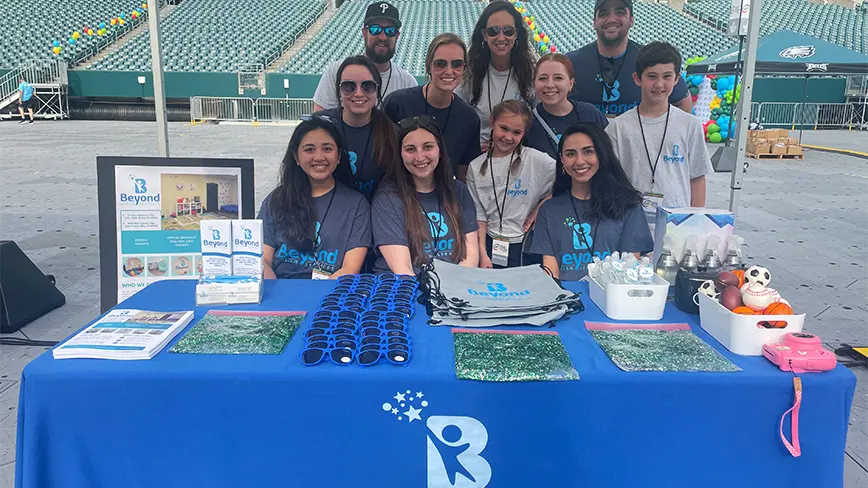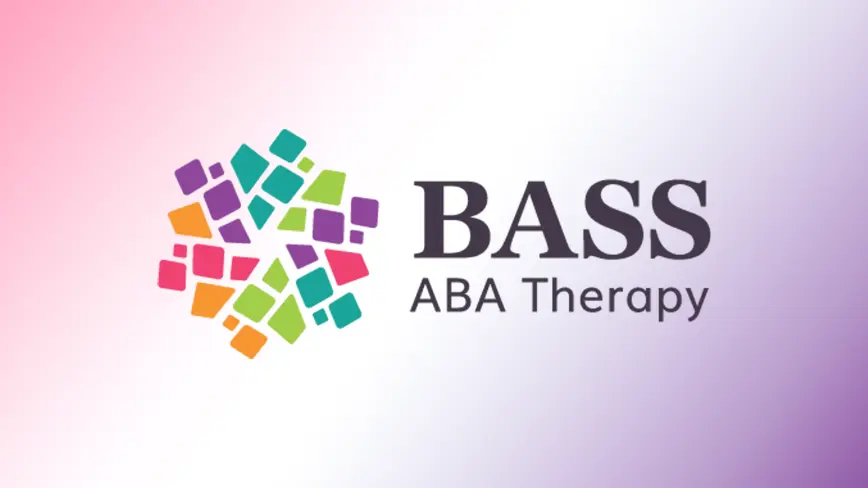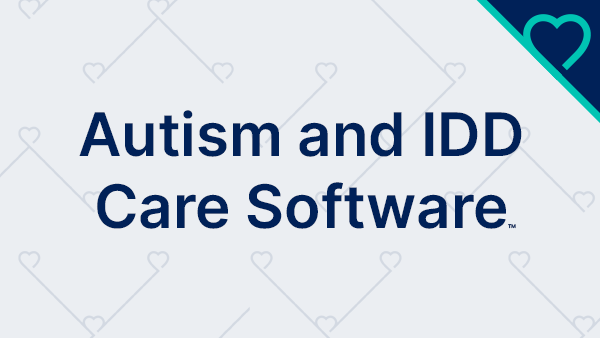People often joke about how Board Certified Behavior Analysts (BCBAs) wear multiple hats, but this could not be more accurate. The Applied Behavior Analysis (ABA) community often requires behavior analysts to perform multiple roles for their operations to function smoothly. For example, BCBAs commonly take on administrative tasks within their company, such as scheduling technician hours and creating stimuli. Wearing multiple hats pulls analysts in several directions, spreading them very thin.
A BCBA may be writing an initial assessment report one minute and then be called in for behavior support with a client the next. Then, they’re dealing with the cancellation of one of their therapists, which causes the day’s entire schedule to shift. Due to the constant change, it is tough to define a day in the life of a BCBA. Each day can look drastically different from the last. This rapidly shifting of priorities, paired with the challenging level of work and lack of support, often leads to burnout.
What is Burnout in ABA?
Roughly two-thirds of behavior analysts report feeling moderate to high levels of burnout (Plantiveau et al., 2018; Slowiak & DeLongchamp, 2022). Maslach & Leiter (2016) define burnout as “A psychological syndrome emerging as a prolonged response to chronic interpersonal stressors on the job.” Burnout may come in many forms, including increased cynicism, extreme exhaustion, and detachment from the job. Sometimes, therapists are so mentally exhausted that they cannot handle client and staff challenges, reducing the efficacy of care and supervision. Burnout can also have pervasive effects beyond the workplace, such as poor health outcomes and strained relationships.
Three Strategies to Prevent Burnout
As burnout becomes increasingly prevalent, one thing is clear–We need organizational and field-wide changes to better support ABA clinicians. However, behavior analysts can also make changes on a personal level.
Self-Care
It is so important to take care of yourself in this field. Taking mental breaks, finding solutions that will simplify your workload, and delegating tasks when needed are simple acts of self-care that can go a long way in preventing burnout.
Self-care is any activity or behavior you do to take care of your physical, mental, or emotional needs. Self-care is critical in a constantly shifting yet critically important field. You must be able to take care of yourself first to provide quality care to others. Self-care does not have to be a major activity. Everyone’s self-care preferences and needs are unique. They may involve small things that you do for yourself, such as enjoying your lunch away from your computer, talking kindly to yourself, taking a quick walk in between clients, listening to music while writing a report, or finishing a hot cup of coffee instead of hastily running out the door to get to work.
Self-care can also include more significant feats, like self-advocating when stretched too thin. These things will take commitment and persistence, just like the programs you write for your clients. But if we practice self-care, we engage in behaviors that will recharge us and allow us to help others more effectively.
Mindfulness
Actively practicing mindfulness can substantially impact BCBAs' work and life experiences. Mindfulness means paying attention to the moment-to-moment experience with presence and compassion. While some may assume mindfulness is just a buzzword, there is actual research supporting its benefits. One literature review found mindfulness practices to reduce emotional exhaustion and depersonalization, improve moods, and increase self-awareness, compassion, and empathy among medical providers (Malik & Annabi, 2022).
There is a quote by Viktor E. Frankl that goes, “Between the stimulus and response, there is space. In that space is our power to choose our response. In our response lies our growth and our freedom.” In the digital world, it is more important today than ever that we learn to respond rather than react.
The ability to manage stress and anxiety, especially when working with clients and managing Registered Behavior Technicians (RBTs) or other clinicians, is crucial. To make changes, we must be aware of that behavior. Prioritizing mindfulness can help us be the best versions of ourselves, allowing us to be more valuable to our clients.
Time Management
Time management involves planning and controlling how you spend your time effectively to accomplish your goals. As BCBAs, we wear multiple hats, making time management crucial for our success. With endless tasks and only so many hours in the week, we must develop strategies to maximize our time.
Living in this world of technology, we recognize that technology can hurt or help us. There are many digital tools that can help behavior analysts manage their time effectively, thus reducing the likelihood of burnout.
CentralReach provides cutting-edge solutions for BCBAs to manage their time and practice, including:
- Precision teaching
- Clinical data collection
- Scheduling
- Billing
- Learning management
- and more!
CentralReach’s suite of solutions helps behavior analysts manage their time more effectively to allow them to focus on the parts of their job that provide satisfaction and fulfillment, thus alleviating the daily stressors of the BCBA role and preventing burnout.
References
Malik, H., & Annabi, C. A. (2022). The impact of mindfulness practice on Physician Burnout: A scoping review. Frontiers in Psychology, 13. https://doi.org/10.3389/fpsyg.2022.956651
Maslach, C., & Leiter, M. P. (2016). Understanding the burnout experience: recent research and its implications for psychiatry. World psychiatry: Official journal of the World Psychiatric Association (WPA), 15(2), 103–111. https://doi.org/10.1002/wps.20311
Maslach, C., & Leiter, M. P. (2016). Understanding the burnout experience: recent research and its implications for psychiatry. World psychiatry: Official journal of the World Psychiatric Association (WPA), 15(2), 103–111. https://doi.org/10.1080/15021149.2018.1438339
Slowiak, J. M., & DeLongchamp, A. C. (2021). Self-Care Strategies and Job-Crafting Practices Among Behavior Analysts: Do They Predict Perceptions of Work-Life Balance, Work Engagement, and Burnout?. Behavior analysis in practice, 15(2), 414–432. https://doi.org/10.1007/s40617-021-00570-y
About the Author

Amanda Eberhardt, M.S. ABA, BCBA
She received her undergraduate in Psychology with a focus in Research from William Peace University in Raleigh, NC, and her Masters degree in Applied Behavior Analysis from Kaplan University. She has been a BCBA for nearly 3 years and has been actively working in the field of Applied Behavior Analysis since 2011, working directly with children on the autism spectrum. She has also worked in both clinical and home settings; during those times, Amanda was an active CentralReach user.
Posted in Clinical, Practice Management
You may also like...
Related information and stories
Behavior Analysis of a Thought: Considerations for School Settings
In the field as a whole, ABA is focused on measuring and influencing observable behaviors or observable events. These behaviors are ones that we and others can see, hear, and/or…
BCBA Strategies to Reduce Stress, Increase Cheer, and Improve Parent Engagement this Holiday Season
We’re quickly approaching what is advertised as the most magical time of the year. Yet many families are experiencing the very opposite. For neurodivergent children and their families, the holidays…






